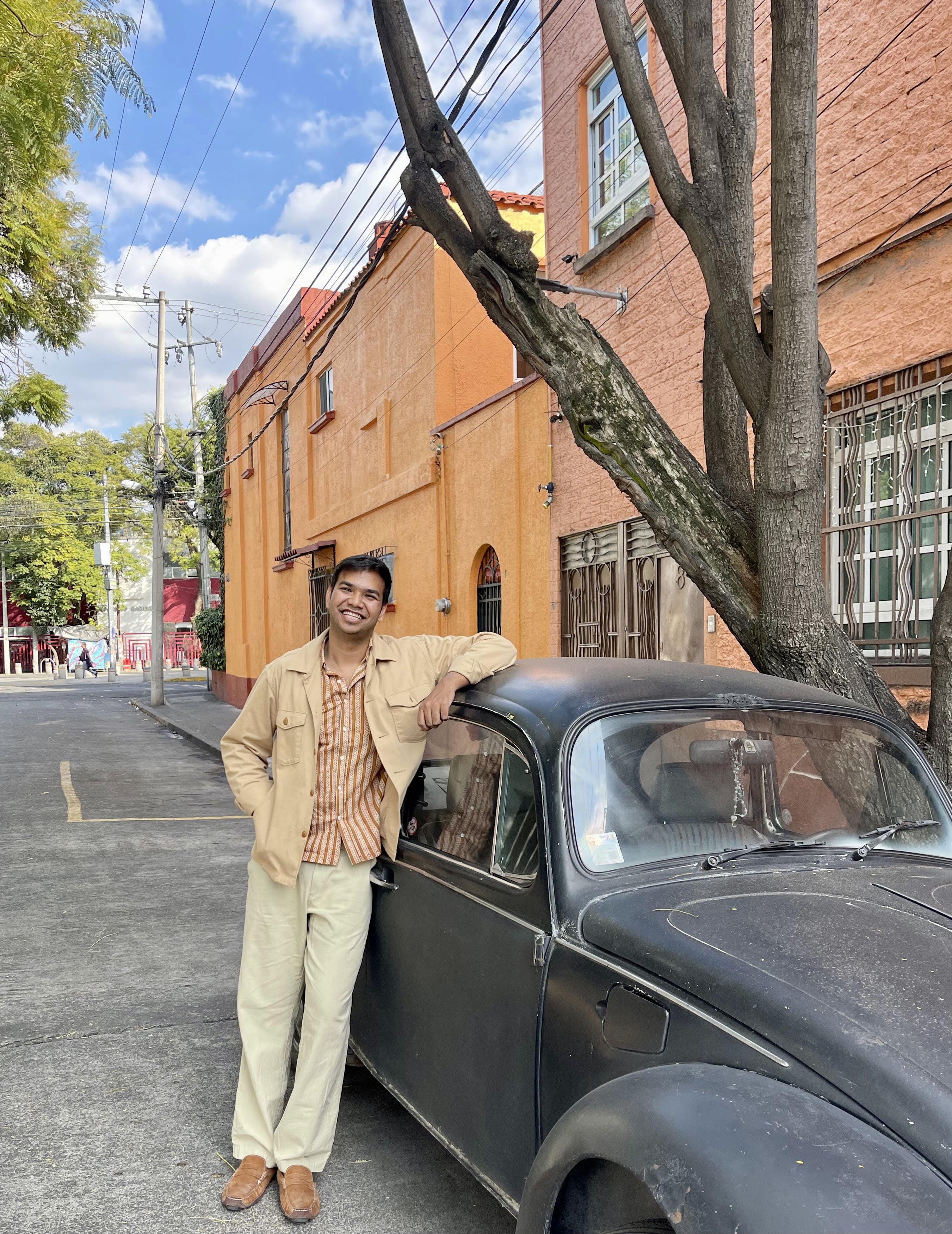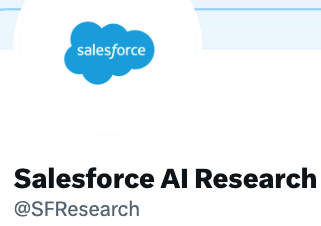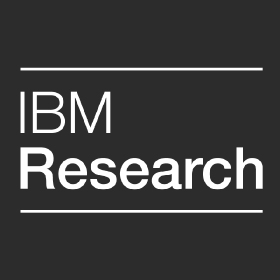My research interests are broadly in AI, NLP and Human AI Interaction and my goal is to design and build reliable AI systems that can handle implicature and ambiguity, understand human behavior and are aligned with the requirements humans have from technology. I often rely on knowledge, methods, and perspectives from multiple disciplines to address complex problems or questions that cannot be fully understood or solved within the boundaries of Computer Science. Some of the research directions I am very excited about:
- Evaluating Creativity in Humans and Machines ( CHI 2024, ICLR 2026 ): How can we design better ways to evaluate creativity by drawing on technical skills from computer science and design in combination with other disciplines, including the humanities?
- Human AI Alignment ( CHI 2025 🏆 Best Paper Honorable Mention, COLM 2025 ): Today's powerful AI systems are supported by RLHF which converts human feedback/preferences to meaningful training signal. For complex tasks this is a fundamental bottleneck as feedback can be inherently noisy. How can we design better ways to elicit human feedback that improve alignment?
- Human AI Collaboration ( ACL 2023, Creativity & Cognition 2024 ): AI technologies, created by humans and for humans, will increasingly shape future of workforce. How can we design better collaboration strategies and human computer interaction interfaces that understand user intention and preferences, and help them solve tasks efficiently?
- Generative AI, Copyright and its impact on Labor Markets ( ICML 2025 🏆 Outstanding Position Paper Award, CHI 2026, Ssrn): Today's AI models have zero consideration in fair and responsible data use and their deployment and safety strategy is often myopic without considering longitudinal harms. Most powerful models are trained on huge amounts of data from professionals without consent. My research aims to evaluate and understand what aspects of skilled labor are being automated and how can we empirically measure mark harm
PhD students
- Xinyue Liu (Last Stop CMU MS)
Media
- Our paper was discussed in Literary Hub's Fiction/NonFiction Podcast
- Weekend Essay by Pulitzer Nominated Novelist Vauhini Vara in New Yorker covering my paper on AI and Copyright
- Searches: Selfhood in the Digital Age Interview with Pultizer Fiction Finalist Vauhini Vara in Chapter 13 : Thank You for Your Important Work
- TechCrunch OpenAI’s ‘creative writing’ AI evokes that annoying kid from high school fiction club
- MIT Technology Review An AI script editor could help decide what films get made in Hollywood
- Bloomberg AI Has a Way to Go to Become A Connections Puzzle Champ
- MIT Technology Review AI can make you more creative—but it has limits
- MIT Technology Review Why artists are becoming less scared of AI?
- MIT Technology Review What happened when 20 comedians got AI to write their routines?
- Washington Post Can you tell which of these break-up texts are AI-generated?
- The Hollywood Reporter Why AI Isn’t Funny — At Least Not Yet
- The New York Times R&D Generating Open-Ended Questions from News Articles
Recent News
- New CHI 2026 Paper on whether Good Writing Can Truly Be Generative ?
- New ICLR paper on problems with overindexing on Novelty w.r.t Pretraining in AI creativity evaluation
- New preprint on AI, Market Dilution Risks and Fair Use
- Grateful to receive ICML Outstanding Position Paper Award for our paper on AI Safety and Future of Work (Top 1%)
- New paper on Learning better rewards for improving AI writing accpted to COLM 2025
- Grateful to receive Best Paper Honorable mention at CHI 2025
- CHI 2025 paper accepted on quantifying and mitigating idiosyncracies in AI writing
- Recognized as an outstanding AC at EMNLP 2024
- Paper on LLM and abstract reasoning accepted to EMNLP
- First author paper on Creativity Evaluation accepted to CHI 2024, Honolulu
- First author paper on Creativity Support with LLM accepted to Creativity and Cognition 2024, Chicago
Education
Professional Experience
Selected Publications
Impact of Generative AI on Labor Markets
Readers Prefer Outputs of AI Trained on Copyrighted Books over Expert Human Writers
Tuhin Chakrabarty, Jane C Ginsburg, Paramveer Dhillon
[PDF]
[Code and Data]
[NewYorker Coverage]
[Literary Hub Coverage]
[Publishers Marketplace Article]
[Mention in Tyler Cowen's Marginal Revolution Blog]
Tags: Generative AI, Copyright Law, Fair Use, Future of Work, AI Detection, AI and Society, Behavioral
Science, Labor Market Impact
Can Good Writing Be Generative? Expert-Level AI Writing Emerges through Fine-Tuning on High Quality Books
Tuhin Chakrabarty, Paramveer Dhillon
Accepted to CHI 2026
Tags: Generative AI, Copyright Law, Fair Use, Future of Work, AI and Society, Behavioral
Science, Labor Market Impact
AI Safety should prioritize the Future of Work
Sanchaita Hazra, Bodhisattwa Majumder, Tuhin Chakrabarty
Accepted to ICML 2025
🏆 Outstanding Position Paper Award
Oral (Top 1%)
[PDF]
Tags: Generative AI, AI Safety, Economics
AI and Human Behavior
Death of the Novel(ty): Beyond N-Gram Novelty as a Metric for Textual Creativity
Arkadiy Saakyan, Najoung Kim, Smaranda Muresan, Tuhin Chakrabarty
[PDF]
[Code and Data]
Tags: LLM and Writing, Reward Modeling, Text Edits, Human AI Alignment, Pre-training
AI-Slop to AI-Polish? Aligning Language Models through Edit-Based Writing Rewards and Test-time Computation
Tuhin Chakrabarty* , Philippe Laban*, Chien-Sheng Wu
Accepted to Conference on Language Modeling, COLM 2025
[PDF]
[Code and Data]
Tags: LLM and Writing, Reward Modeling, Text Edits, Human AI Alignment, Test Time Compuattion, Calibration
Can AI writing be salvaged? Mitigating Idiosyncrasies and Improving Human-AI Alignment in the Writing Process through Edits
Tuhin Chakrabarty , Philippe Laban, Chien-Sheng Wu
🏆 Best Paper Honorable Mention
[PDF]
[Code and Data]
Tags: LLM and Writing, Text Edits, Human AI Alignment, Behavioral Science
Art or Artifice? Large Language Models and the False Promise of Creativity
Tuhin Chakrabarty, Philippe Laban, Divyansh Agarwal, Smaranda Muresan, Chien-Sheng Wu
Tags: Creativity Evaluation, Divergent Thinking, Story Generation, HCI, Generative AI
Human AI Interaction
Creativity Support in the Age of Large Language Models: An Empirical Study Involving Emerging Writers
Tuhin Chakrabarty*, Vishakh Padmakumar*, Faeze Brahman, Smaranda Muresan
* denotes Co-First Authors
* denotes Co-First Authors
Accepted to 16th ACM Conference on Creativity & Cognition
Tags: Co-Creative Generation, Natural Language Instructions, HCI, Generative AI
I Spy a Metaphor: Large Language Models and Diffusion Models Co-Create Visual Metaphors
Tuhin Chakrabarty*, Arkadiy Saakyan*, Olivia Winn*, Artemis Panagopoulou, Yue Yang, Marianna Apidianaki, Smaranda Muresan
* denotes Co-First Authors
* denotes Co-First Authors
Accepted to ACL 2023 Findings
[PDF]
[Code and Data]
Tags: Co-Creative Generation, Natural Language Instructions, Vision and Language Models, AI Art, Generative AI
Machine Learning for NLP
Fine-tuned Language Models are Continual Learners
Thomas Scialom*, Tuhin Chakrabarty*, and Smaranda Muresan
* denotes Co-First Authors
* denotes Co-First Authors
Accepted to EMNLP 2022 Main Conference
[PDF]
[Code and Data]
Tags: Continual Learning, Instruction Tuning
Natural Language and Ambiguity
FLUTE: Figurative Language Understanding through Textual Explanations
Tuhin Chakrabarty, Arkadiy Saakyan, Debanjan Ghosh, Smaranda Muresan
Accepted to EMNLP 2022 Main Conference
[PDF]
[Code and Data]
Tags: Figurative Language, Natural Language Inference, Free Text Explanation
It’s not Rocket Science: Interpreting Figurative Language in Narratives
Tuhin Chakrabarty, Yejin Choi, Vered Shwartz
[PDF]
[Code and Data]
Tags: Figurative Language, Multiword Expression, Commonsense









